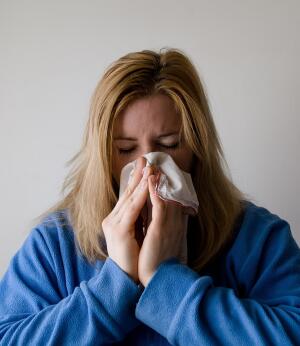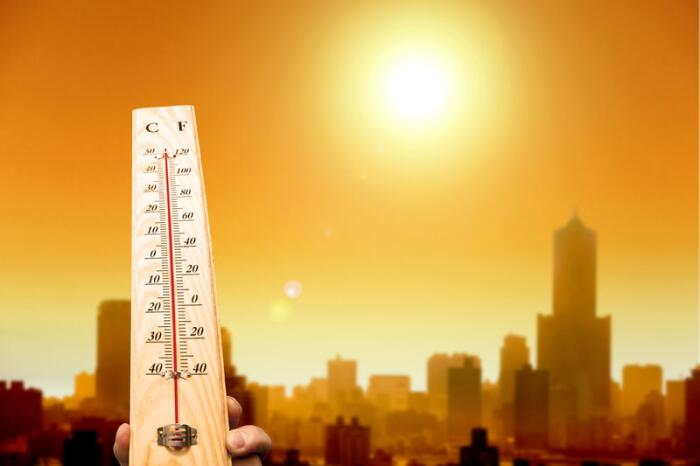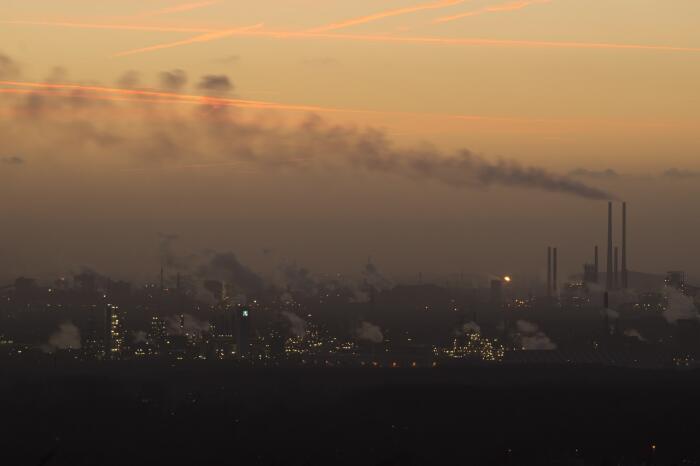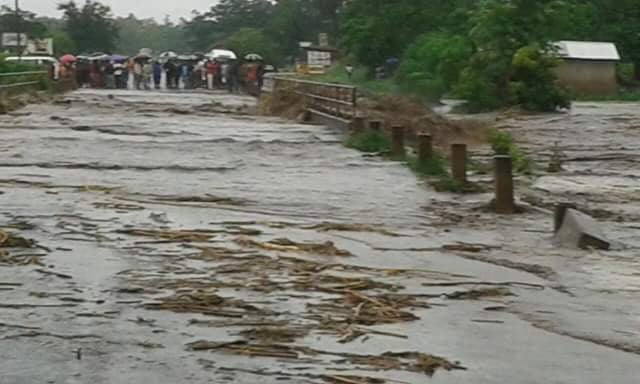Climate Change is Making You Sick
 Yes, climate change is damaging the environment. We hear often about dwindling forests, melting glaciers, destruction of ecosystems, and endangered animals, and we know that the future of the planet depends on halting global warming. But did you know that the effects of climate change are also having a negative impact on your health? Unfortunately, it's all too true.
Yes, climate change is damaging the environment. We hear often about dwindling forests, melting glaciers, destruction of ecosystems, and endangered animals, and we know that the future of the planet depends on halting global warming. But did you know that the effects of climate change are also having a negative impact on your health? Unfortunately, it's all too true.
Climate change affects the determinants of health, such as the availability of clean air, safe drinking water, sufficient food, and secure shelter. The World Health Organization estimates that climate change's impact on these determinants will cause an additional 250,000 deaths every year between the years 2030-2050. This will mainly be due to worsening malnutrition, malaria, diarrhea, and heat stress.
Heat waves are indeed one of the most common causes of weather-related deaths, leading to dehydration and stroke, especially among young children and older adults who are more vulnerable to extreme temperatures. City dwellers are especially at risk, since temperatures tend to be warmer due to the heat-island effect.

Hotter temperatures in cities also lead to more electricity usage for air conditioning, which increases air pollution and greenhouse gas emissions. Stagnant air conditions—also on the rise due to the rising temps—allows these and other pollutants to accumulate, making for a dangerous mix. Such concentrated pollution is a huge contributor to climate change-related deaths; ground-level ozone—a central component of smog—is linked to a multitude of serious health problems, including asthma, and can result in death.

Already, more than 126 million Americans live in regions that don't meet the national standards for air quality. (Read this ranking of the 10 smoggiest cities in the United States).
In other countries, like China, the air pollution situation is even more dire: 1.6 million Chinese people die every year from air pollution. Those numbers are shocking, but unfortunately we can only expect them to increase unless we start taking climate change seriously.
Extreme weather events induced by the global climate shift have also been on the rise and have been directly causing over 60,000 deaths annually around the world. Many people die during natural disasters such as tornadoes or floods, but even after the storms pass there are numerous illnesses that befall communities left without a source of food, clean water, or other infrastructure needed to survive.

Although climate change is affecting everyone, it is not affecting everyone equally. Unfortunately, people in developing countries are more vulnerable to the effects because they often don't have the means to withstand or recover from the impacts. That's why Planet Aid is committed to helping these people by combating climate change while also supporting sustainable development projects that help the poor obtain the means to survive. You can find out more about Planet Aid's commitment here.
